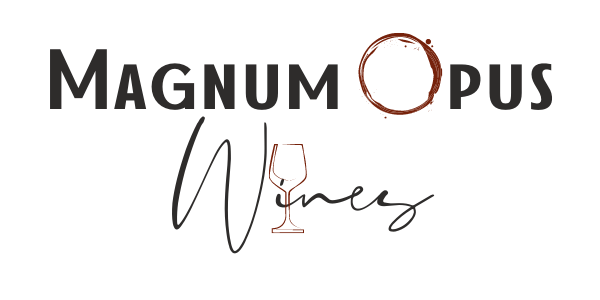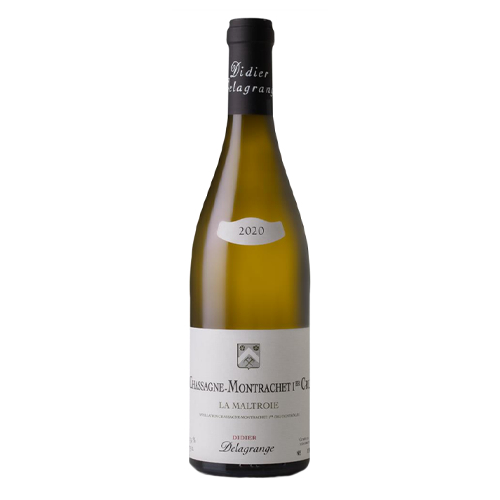A brilliant robe with a beautiful yellow–gold colour. On the nose, aromas of white flowers and citrus fruits develop. The palate is fresh, round and delicate. Its aromatic complexity will appeal to delicate palates.
Works perfectly with seafood, as well as freshwater fish, a delicious accompaniment to both lobster and pike Dijon-style. A pleasant surprise with foie gras, and cheeky with a wash rind cheese.
Serve at 12 to 14°C
- Grape variety Chardonnay
- Soil Clay limestone
- Harvest Hand-picked
- Production 600 bottles only
- Maturation 12 months in barrels, then 6 months in vats (10–15% new barrels).
- Laying down From 5 to 10 years depending on the vintage.
Six generations of winegrowers built and shaped the estate over time. Today, the seventh generation has taken up the baton and will continue our family history.
The 2017 vintage bears the mark of Alexis Delagrange, the eldest son of Hélène and Didier, now working at the estate.
Following his studies in Beaune wine school, the young man gained experience at Domaine Jacques Prieur in Meursault. He then travelled through the vineyards of the ‘new world’, taking him to the renowned wineries of Vriesenhof in South Africa, Bethel Heights in Oregon, Fromm Winery in New Zealand and Cupitt’s Family in Australia. Immersed in these varied terroirs, Alexis discovered another approach to the most elegant and fragile of grape varieties, Pinot Noir, and learned about others too. He was enriched by a new vision of viticulture in all its diversity, complexity and subtlety.
Inspired by this world tour and deeply attached to his roots, Alexis brings a new perspective, with a subtle blend of modernity and tradition, of progress and respect for the land.
Alexis’s younger brothers are discreetly following in his footsteps. Benjamin Delagrange, with an eye on the world of the wine trade, and Arthur Delagrange, with an agricultural diploma (BTS) in wine growing and oenology, have each joined the world of their elders in turn, and they have become part of the family’s vinous wine history in their own way.
The three men share the same passion for wine and a deep attachment to the family estate and the land at the centre of it all.
Protecting nature means safeguarding our heritage and our terroirs.
This is why the majority of the work at the estate takes place in the vineyard.
We believe in less intervention, we take our cue from our vines and respect their natural life cycle, above all.
We have adopted a reasoned approach, adding organic matter, for example, and managing the ploughing to preserve the richness of the living soil.
The goal: To grow vigorous plants and harvest fruit with perfect phenolic ripeness.
Vinification can then be managed without much intervention. Extraction is slower and gentler than before, and vatting lasts longer. The human touch is there to monitor, control and adjust, while keeping a respectful distance to avoid distorting the character of the terroir – it should be allowed to express itself.

